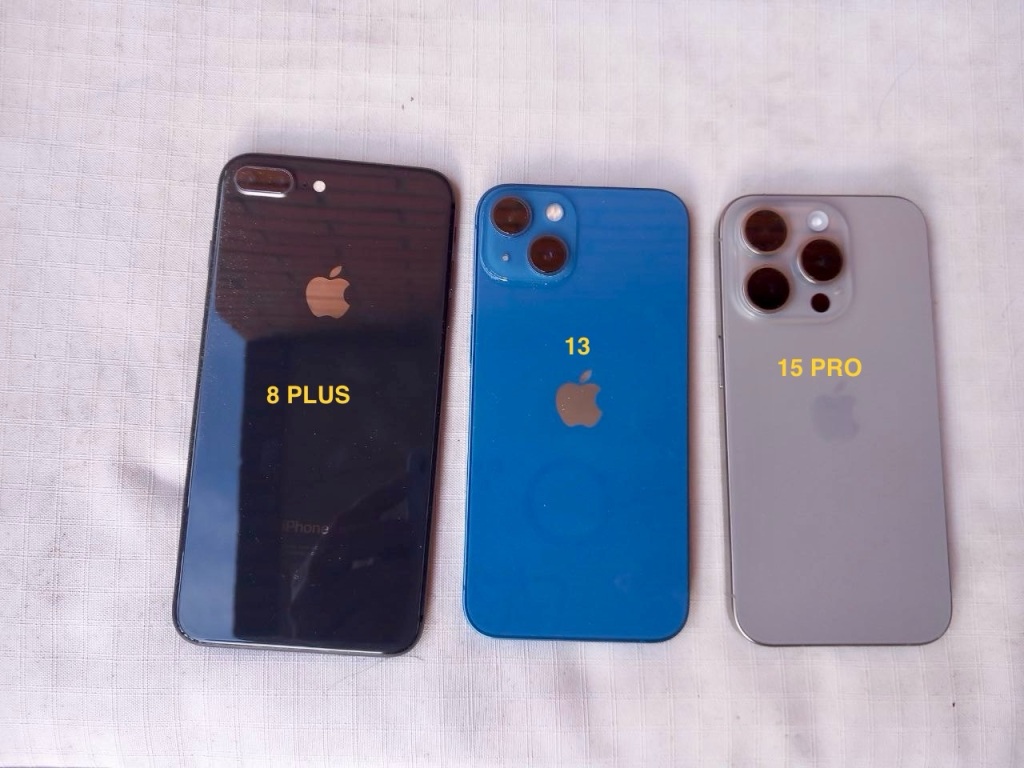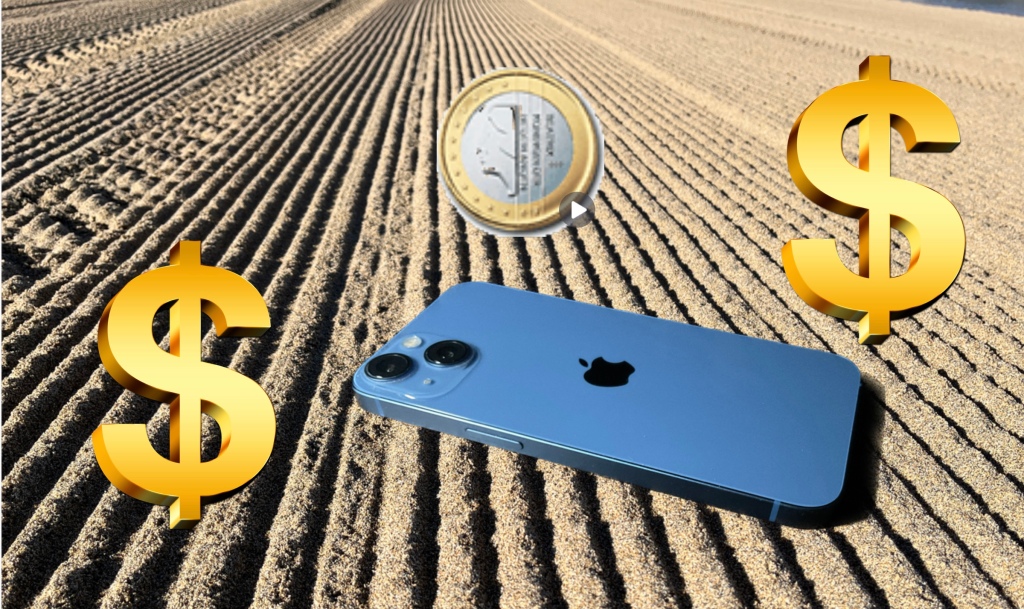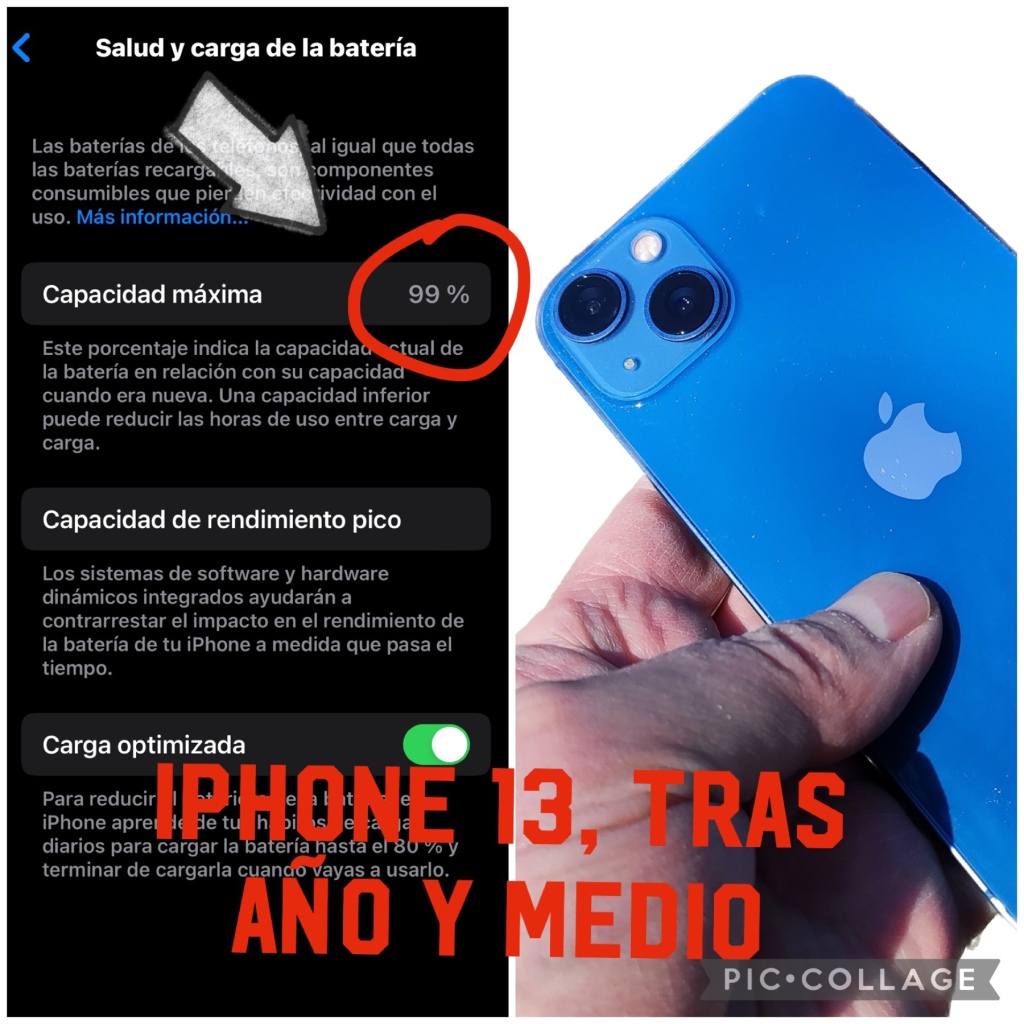
It’s a question with multiple answers, requiring several considerations.
Apple supports and updates its devices for up to 6 years. The annual changes are typically minor. Each year, Apple releases various types of iPhones: regular, «small» and large, and Pro, «small» and large. Two key factors to consider are storage capacity and battery life. With these in mind, we can address the article’s question.
IN MY OPINION, SWITCHING IPHONES EVERY YEAR OR EVERY TWO YEARS MAKES LITTLE SENSE, EXCEPT IN CERTAIN CASES.

The changes between iPhone models over 2 years are minimal and may not justify an upgrade for supposed improvements. Even differences between PRO models from one year to the next are usually minor.
This holds true within the same category (regular or Pro). However, switching from a regular to a Pro model presents more noticeable differences.
For instance, I recently upgraded from a regular iPhone 13 to a 15 Pro, and I noticed significant differences in the cameras, screen, and overall performance, although the iPhone 13 remains an exceptional smartphone.
IN FACT, THE BEST VALUE FOR MONEY IS OFTEN FOUND IN IPHONES FROM TWO GENERATIONS AGO.
If you’re looking to save money without compromising on quality and still receive four years of support, models from two years ago are often the best choice.

THERE’S A FACTOR THAT MAY NECESSITATE AN UPGRADE: STORAGE SPACE.
I own an iPhone 8 Plus with 64 GB of storage, and I struggle to fit all the apps I need along with updates. Fortunately, the 64 GB storage option has been phased out, eliminating this issue. Additionally, unlike an iPad, an iPhone requires adequate storage for messaging, social media, and other apps.
Always opt for an iPhone with sufficient storage capacity.
ANOTHER CONSIDERATION IS BATTERY LIFE.
Over time, battery capacity diminishes, but it can be remedied by replacing the battery at a reasonable cost.

SO, HOW OFTEN SHOULD YOU CONSIDER UPGRADING YOUR IPHONE?
If storage space isn’t an issue, it largely depends on your willingness to upgrade. Personally, I believe a reasonable timeframe is around 4 years. In that span, an iPhone undergoes substantial changes across four generations, resulting in noticeable improvements. While it’s possible to extend its lifespan beyond 7 years (likely by replacing the battery), technology evolves significantly over such a period. Phones undergo substantial changes in 7 years.
For example, the cameras and screen fluidity of the iPhone 7 Plus are vastly different from today’s models.
If you prefer always having a top-performing smartphone, consider upgrading every 3 years.
THERE ARE ALSO KEY FEATURES THAT COULD PROMPT AN UPGRADE.

For instance, the introduction of the USB-C port. Although it may seem trivial, the ability to use external drives and monitors quickly can be a game-changer for some users.
The same applies to camera improvements, such as the addition of a x5 zoom or professional video recording capabilities.
In conclusion, users have diverse needs, and there isn’t a one-size-fits-all answer.
